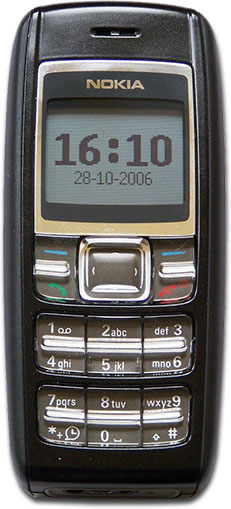Is 'Mobile' Doing More Harm Than Good?
For the last few months, I’ve been wondering if the term ‘mobile’ might be causing more trouble than it’s worth. Judging from this morning’s tweet from Mark Boulton, I’m not alone:
Thinking ‘mobile’ web is a big, fat red herring. Just like ‘apps’ was a few years ago. Next year, it’ll be something else.
While I’m not willing to go quite as far as that, I do think the term has become loaded with historical assumptions that are no longer true.
Originally, it worked out alright. ‘Mobile’ came to encompass both the device and the context of use in one fell swoop. It could do that, because their wasn’t a lot of diversity in the kinds of devices you could call ‘mobile’. In addition, those devices lacked the capability of offering a full-web experience. ‘Mobile’ use was pretty clearly defined because to be quite honest - the devices weren’t capable of offering much more.
{% fig The word ‘mobile’ is loaded full of historical assumptions. banner %}

An old phone
Fast-forward to today. Now, using the historical definition of a ‘mobile’ device, we have smart phones, tablets, even netbooks - all of which are substantially more capable of providing a rich, full-web experience than their ‘mobile’ ancestors. As a result, there is much more variety in ‘mobile’ - both in terms of device type and use case. The device and the context no longer go hand-in-hand, they must be decoupled.
The problem, though, is that we can’t just eliminate the term. An earlier tweet by Aral Balkan is just as accurate:
I feel there’s a real danger that the “no mobile web” meme will translate to “we don’t have to rethink interactions for mobile”
There is a difference in how you use the web on these new devices and there is a ‘mobile’ context out there somewhere - it’s just not as clearly defined as it once was. We can’t ignore the differences in use. We owe our users the best browsing experience possible, regardless of context or device and that means that we have to find and embrace those differences.
So what term should we use? I have no idea. This is something I’ve been wrestling with for a few months now, and I have yet to find a term that I feel is sufficient - a term that accurately portrays this new medium without implying too much, or too little.
If this seems like I’m quibbling over semantics, well, I guess I am. As the saying goes though, “Words have meaning and names have power.”